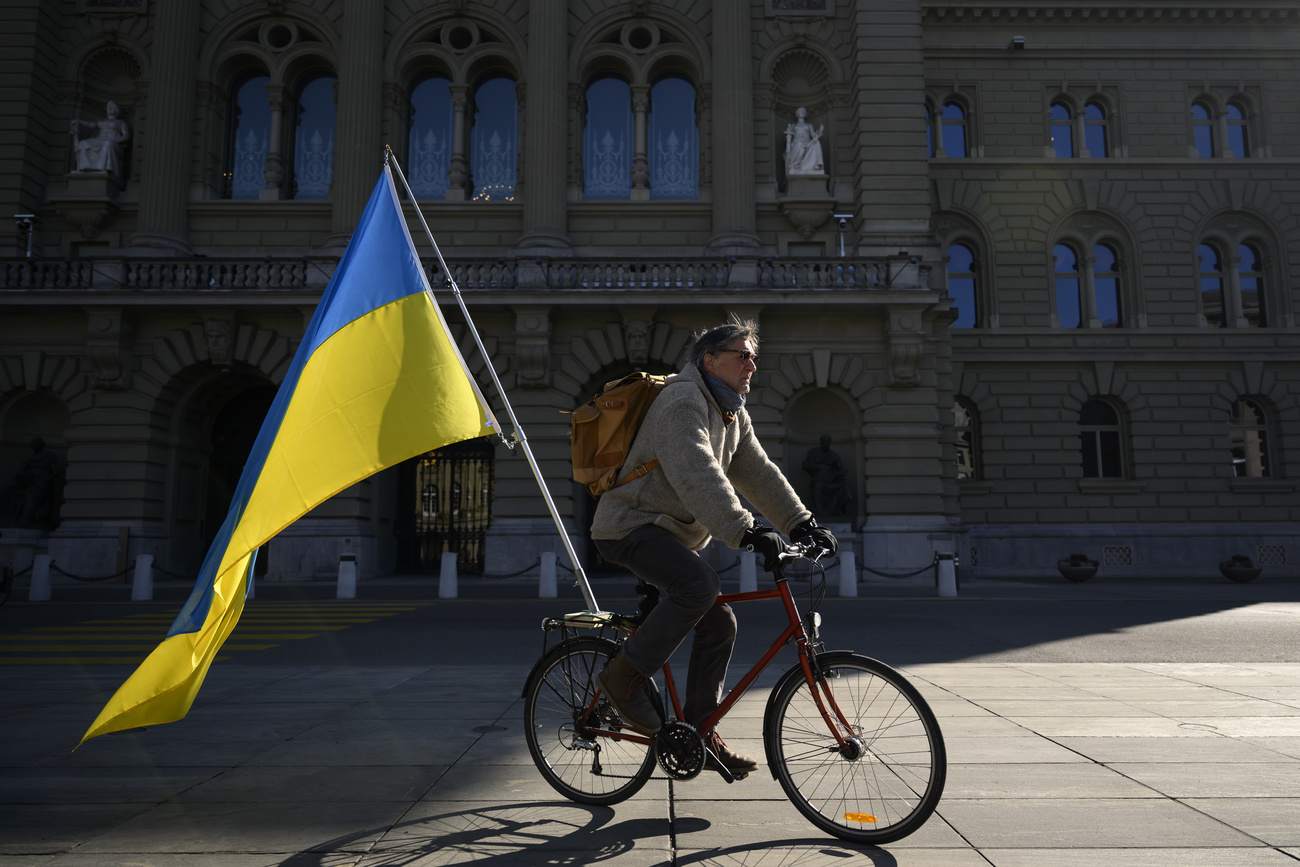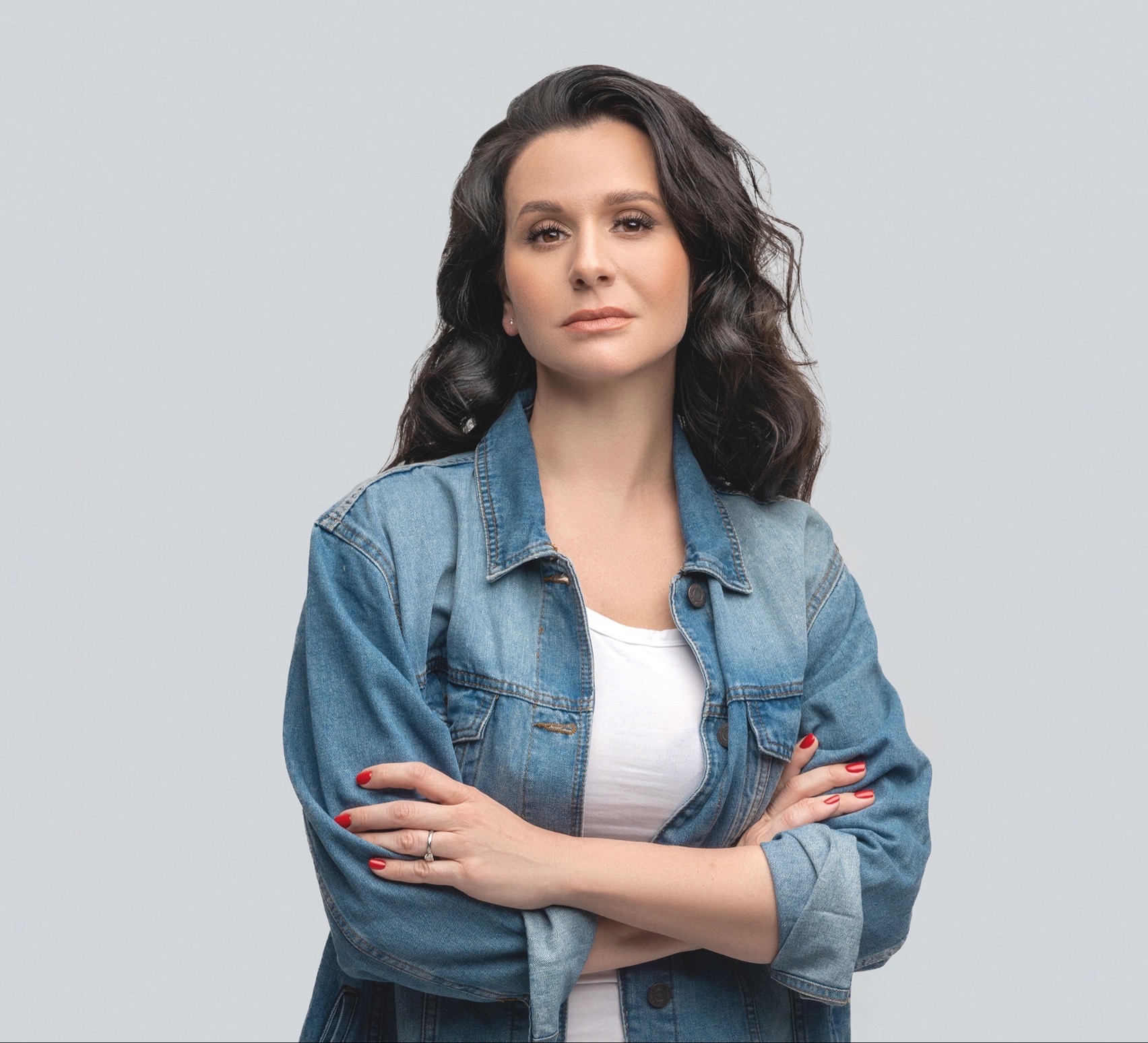
Switzerland helps Ukraine with CHF2 billion in 18 months

From the beginning of the Russian war of aggression in February 2022 until the end of July 2023, the Swiss Confederation has supported the population affected by the war in Ukraine with a total of CHF2.03 billion ($2.30 billion). This was announced by the Federal Council on Thursday.
CHF1.68 billion – over four-fifths of the expenditure – was used by the Confederation mainly for the reception and support of persons with protection status S in Switzerland, as the Federal Council wrote in its response to a parliamentary motion by parliamentary Lorenzo Quadri. The expenditure also included federal support to the cantons for social assistance and various cantonal support programmes.
+Sanctions: a headache for humanitarian action
CHF295 million, or 14% of the expenditure, was used for humanitarian aid and development and economic cooperation measures. These included, for example, winter aid, the delivery of over 1,200 tonnes of relief supplies, support for health systems, decentralisation and digitalisation, vocational training and small and medium enterprises (SMEs) or strengthening the agricultural sector.
Some projects and multilateral funds are set up across countries, according to the Federal Council. For example, around CHF45 million of the expenditure benefited the war-affected population in countries in the region, especially in Moldova.
CHF32 million – the equivalent of 2% of the expenditure – came from the defence ministry and consisted mainly of material donations that were delivered to Ukraine, as the Federal Council wrote. These included, for example, fire-fighting vehicles, health materials and winter clothing.
Other federal agencies contributed around CHF25 million to support the affected population, for example by protecting cultural assets, supporting Ukrainian researchers in Switzerland or organising the Ukraine Recovery Conference in the city of Lugano, in canton Ticino.
Finally, the Confederation spent around CHF10 million on projects in Ukraine’s neighbouring countries, with which international organisations implemented projects in the areas of integration, infrastructure, protection and labour market integration.
More
This news story has been written and carefully fact-checked by an external editorial team. At SWI swissinfo.ch we select the most relevant news for an international audience and use automatic translation tools such as DeepL to translate them into English. Providing you with automatically translated news gives us the time to write more in-depth articles. You can find them here.
If you want to know more about how we work, have a look here, and if you have feedback on this news story please write to english@swissinfo.ch.

In compliance with the JTI standards
More: SWI swissinfo.ch certified by the Journalism Trust Initiative






























You can find an overview of ongoing debates with our journalists here . Please join us!
If you want to start a conversation about a topic raised in this article or want to report factual errors, email us at english@swissinfo.ch.